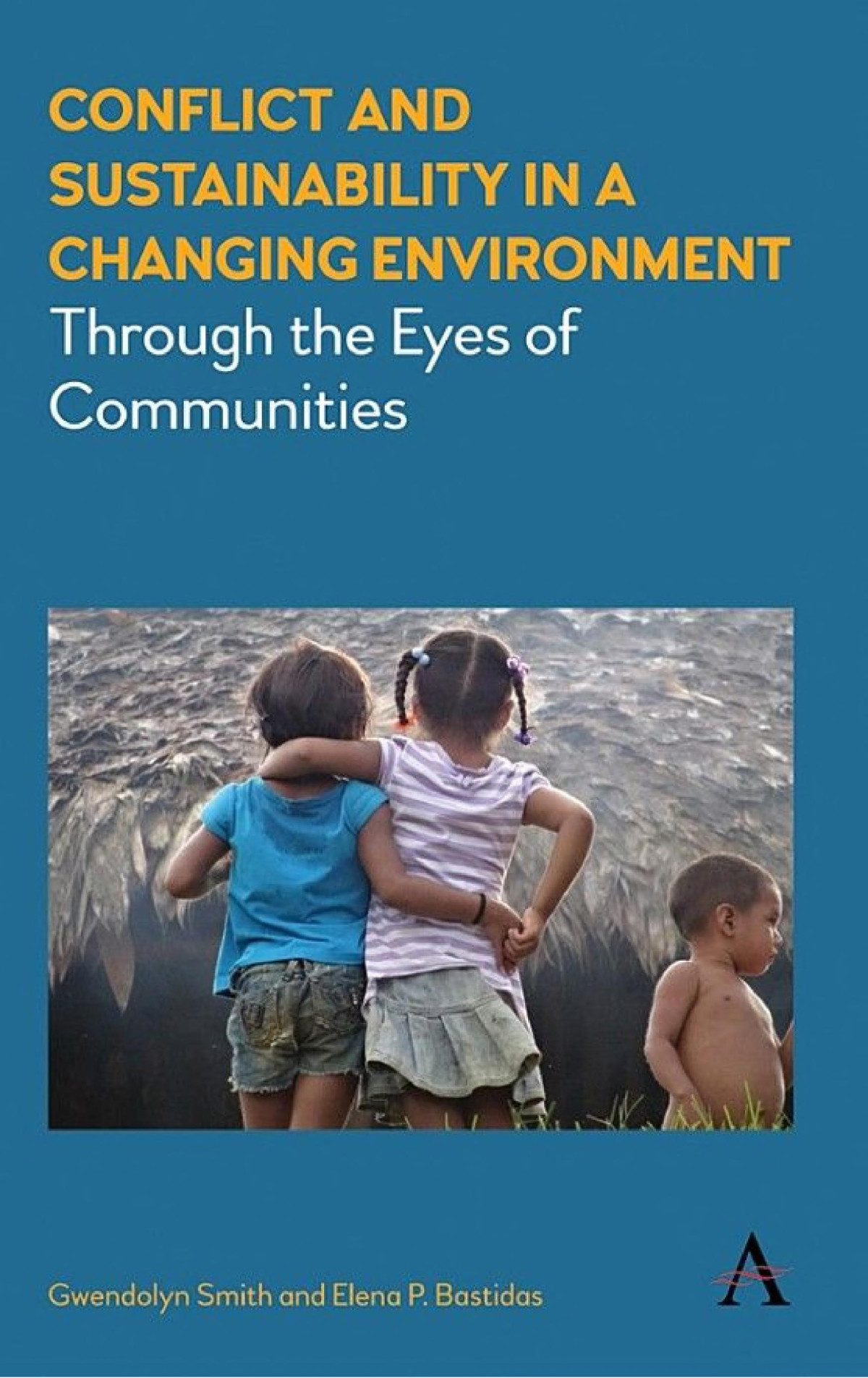

Most ebook files are in PDF format, so you can easily read them using various software such as Foxit Reader or directly on the Google Chrome browser.
Some ebook files are released by publishers in other formats such as .awz, .mobi, .epub, .fb2, etc. You may need to install specific software to read these formats on mobile/PC, such as Calibre.
Please read the tutorial at this link: https://ebookbell.com/faq
We offer FREE conversion to the popular formats you request; however, this may take some time. Therefore, right after payment, please email us, and we will try to provide the service as quickly as possible.
For some exceptional file formats or broken links (if any), please refrain from opening any disputes. Instead, email us first, and we will try to assist within a maximum of 6 hours.
EbookBell Team

4.8
14 reviewsLocal communities are now, more than ever before, experiencing environmental change. These changes draw attention to the discrepancy and conflict between their own views and the views of the initiators of development, such as governments and multilateral organizations. The main thesis of the book unfolds around the idea that under changing environmental conditions, sustainable development can only be achieved when communities can overcome the view conflict and are free to set their own goals.
Using a case study of the Trio indigenous peoples in Suriname, the book presents an “inside” view of a community on the path towards sustainable development when facing climate change. It introduces a new framework, called VIEW, to comprehensively analyze the views of the Trio community when progressing through the different stages of development. The community apparently goes through a process of judging climate change against their own values, followed by creating a meaning about it and ultimately making a decision on how to act.
This book will take the reader beyond examining a few examples from the field. It discusses the position of a researcher in community development and presents several tools and indicators to effectively work with communities. The book lays out a set of principles for researchers to engage in ethical, effective and valid research. Only with the right mindset, a researcher can look through the eyes of the community in a respectable manner and implement a truly bottom-up approach in sustainable development.